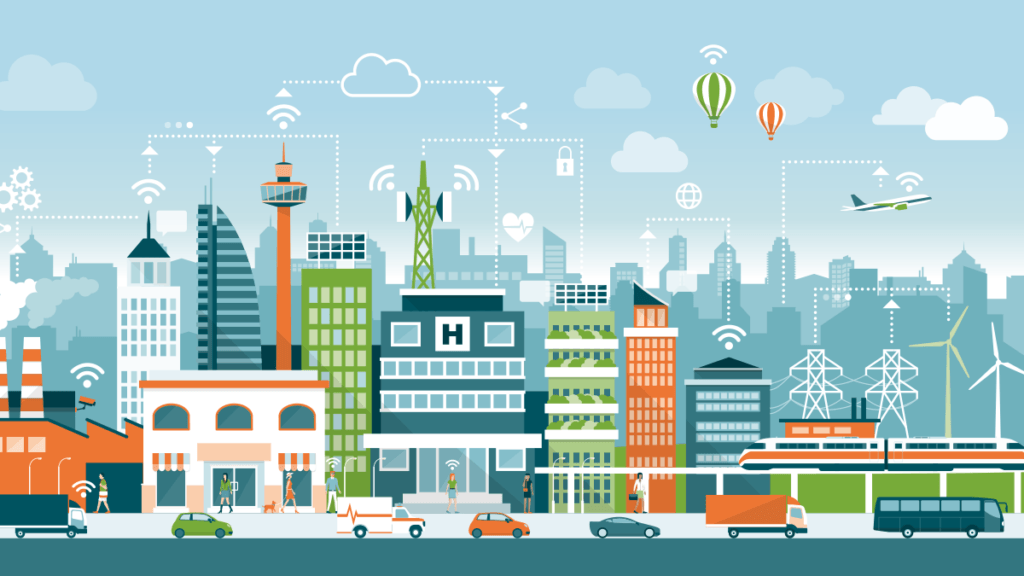
Imagine if you bought a service and only utilized 20% of it each month. For example, you bought $200 worth of groceries and only ate $50 of it. The rest of it expired and had to be thrown away. If you’re anything like me, you’re crying inside at the very thought of it.
Imagine this wasted food, was data. Most organizations actually use less than 20% of their data. The rest of it is stored, untouched and never used to make improvements or changes based on customer requirements. The remaining 80% is not factored in to business operations or any decision making processes.
Do not despair, hope is on the horizon, more and more companies are slowly starting to use the full remit of their customer experience data. Businesses are beginning to see value in connecting all their data sources on one main integrated customer intelligence platform with an aim to better understanding their customer conversations and requirements. One integrated analysis of third party data e.g. customer service emails, as well as third party data would allow companies to access their date in real time, providing a more thorough and full understanding of customer needs, what issues they are facing and what the general sentiment is.
We know from recent news controversies that data is a difficult to manage and the majority of companies fail to do this holistically and responsibly. The democratization of data and the rise of 5g and IoT (Internet of Things) are indeed fueling data growth but we must learn to become the master of data rather than its slave. Data needs to be treated with the utmost respect and also viewed as a tool that could burn us, if not handled correctly.
This bigger, better and newer data can be used to see how we live, to transform our societies, how we work and thus, enable us to thrive. Essentially, data now has more liquidity. We are beginning to see it in real time. Things once considered irrelevant are now being quantified.
For the Good of Society
In a captivating Ted talk (Big Data is better Data), Kenneth Cukier uses the example of the human posture Cukier Speaks about the possibility of adding multiple censors to the chairs of the people in his audience. These censors would possess the capability to not only to detect and analyze individual movements but to also predict them. From such predictions, we can then identify future trends. He goes on to mention how this can be used for anti-theft devices in cars. Seat censors in new cars would be able to identify usual drivers and consequently refuse to start if any undesignated drivers were to enter the vehicle.
If we continue down this road and raise the game a little, eventually enough data could be gathered and analyzed in order to predict and identify the signs for car accidents. Are there certain positions that are synonymous before crashes occur and to what degree could such accidents be prevented?
Big Data and Health Care
Hospitals are already using Big Data techniques to monitor premature and sick babies by analyzing the heartbeat and breathing pattern of every baby. Scientists can now develop algorithms that can help predict infections based on the data they collect, hours before physical symptoms appear.
The data from smart watches and wearable products also increases the amount of data that health experts can collect.
Big data also allows scientists to unravel entire DNA sequences in minutes. This means increased ability to predict patterns in diseases and mutations.
Big Data and Environment
You guessed it! Big Data can also save our planet! Deforestation, removes life sustaining trees and habitats for animals and other plants. Big data could provide alternative solutions to tree cutting so that we are able to reduce our carbon footprint.
Satellite images, high tech data processing and crowd sourcing can provide almost real time data of the world’s forests. Basically, big data maps of the world’s forests are now being created.
We can protect endangered species and prevent poaching. Tools combined with satellite images give conservationists an upper hand when looking at species at macro level so that they can help preserve them on a smaller level.

The impact big data can have on these aspects of our lives and many more, has the potential to be immense. There is huge value to be extracted from it. Using predictive analytics and machine learning we will be able to predict the way that individuals will behave in the future and detect patters from data sets to consider the probability of specific outcomes. There is no doubt that big data is on course to dramatically change our lives and the way we live and work. Governments, companies and individuals need to ensure it is handled correctly and respected for the value and consequential power that it represents.